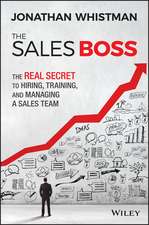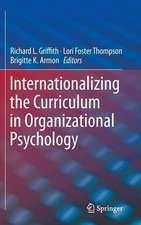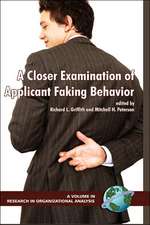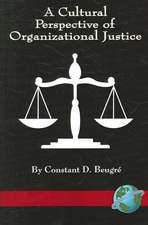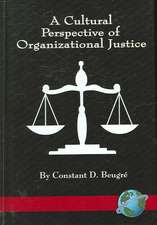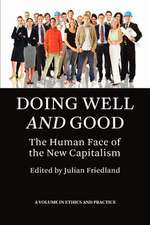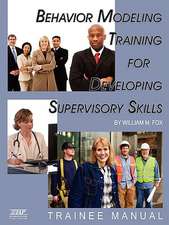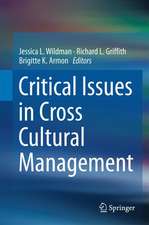A Closer Examinatino of Applicant Faking Behavior (PB): Research in Organizational Science
Editat de Richard L. Griffith, Mitchell H. Peterson, Daniel Svyanteken Limba Engleză Paperback – 30 apr 2006
Preț: 398.06 lei
Nou
Puncte Express: 597
Preț estimativ în valută:
76.18€ • 79.24$ • 62.89£
76.18€ • 79.24$ • 62.89£
Carte tipărită la comandă
Livrare economică 14-28 aprilie
Preluare comenzi: 021 569.72.76
Specificații
ISBN-13: 9781593115135
ISBN-10: 159311513X
Pagini: 392
Ilustrații: 1
Dimensiuni: 156 x 234 x 21 mm
Greutate: 0.55 kg
Ediția:New.
Editura: Information Age Publishing
Seria Research in Organizational Science
ISBN-10: 159311513X
Pagini: 392
Ilustrații: 1
Dimensiuni: 156 x 234 x 21 mm
Greutate: 0.55 kg
Ediția:New.
Editura: Information Age Publishing
Seria Research in Organizational Science










